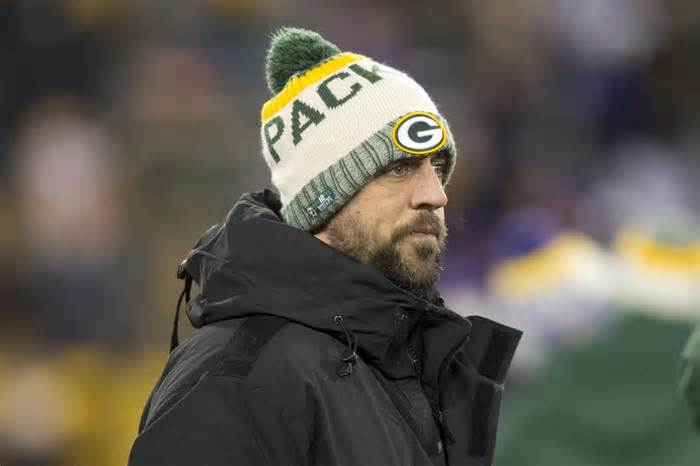
Green Bay Packers quarterback Aaron Rodgers came off the Injured Reserve list on December 16 in order to play in that week’s important game against the Carolina Panthers. He played and the team was eliminated from the playoffs the next day. Rodgers was then returned to the IR list. So, what’s the big deal? It’s against the rules to place a player on IR unless they get injured. He was not hurt during the game in question and thus the team is in violation of the rule. The penalty is spelled out clearly, the team must release Rodgers.
The problem is the league must show Rodgers was not hurt in the game against Carolina. The Packers didn’t report any new injury before placing him on IR and in various press conferences no mention of a new injury was mentioned. It’s quite clear the Packers are in violation of the rule but it also seems fairly obvious there is no way to prove he wasn’t injured. Proving a negative is notoriously difficult. So, it becomes a matter of interpretation.
Why have rules if you can’t enforce them fairly? Because authority figures find such regulations give them far greater latitude in punishing those they don’t like.
I’m not going to spend time trying to prove Rodgers was or was not injured in the game. My question revolves around the rational for having a rule that cannot be evenly enforced. The only way this rule actually gets applied is if the team is honest about what happened or they just don’t care very much about the player in question. Neither of those circumstances are in play here and thus the entire rule is an example of misguided authoritative power.
I don’t want get too broad in my examination of this topic but there is no doubt about the reality of too many rules in the United States. Rules and the explosion of them are the tools of oppression in the hands of authority figures. In this case the NFL is the authority figure. It’s easy to see the rule is largely unenforceable but that doesn’t matter to those in authority. They love rules that can’t be properly enforced because it gives them the latitude to apply them against those they don’t like and ignore them when the perpetrators are friends.
In this case the Green Bay Packers are a favored franchise. The league loves it when the Packers do well. The league will ignore the rule completely in this case. If the same thing happened with the soon to be Las Vegas Raiders I think there is an argument to be made the rule would be enforced. That’s the beauty of rules like this one. They can be interpreted to mean whatever the league wants. Green Bay just has to have a coach or a doctor claim some phony injury and the league throws up its arms. Sorry, we can’t prove it. Darn the luck.
This uneven interpretation of rules happens every day not only in the NFL but in our lives and is the inevitable outcome of badly written and thought out regulations. The rule is ridiculous because there is no way to truly determine when it has been violated. The league will only apply it when they desire. Therefore, it’s not a rule at all, it’s just a stick the league can use to punish anyone they don’t particularly like.
Think that’s unfair? Me also. So too do all the teams that are not NFL favorites. They are asking some pointed questions.
By Tom Liberman
Tom Liberman is a regular fellow from St. Louis, Mo., who enjoys spending time with his wonderful family and great friends. He writes Sword and Sorcery fantasy novels in his spare time.